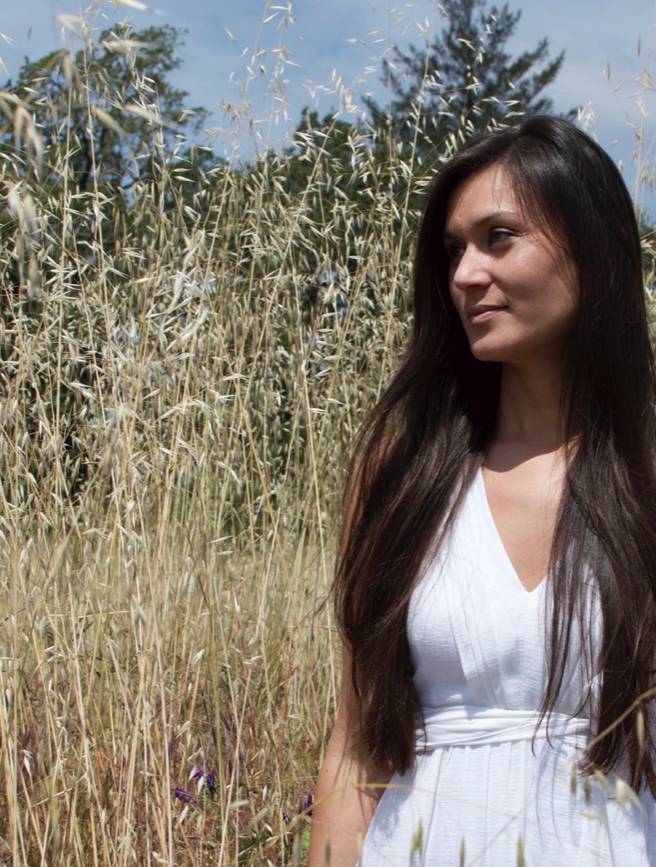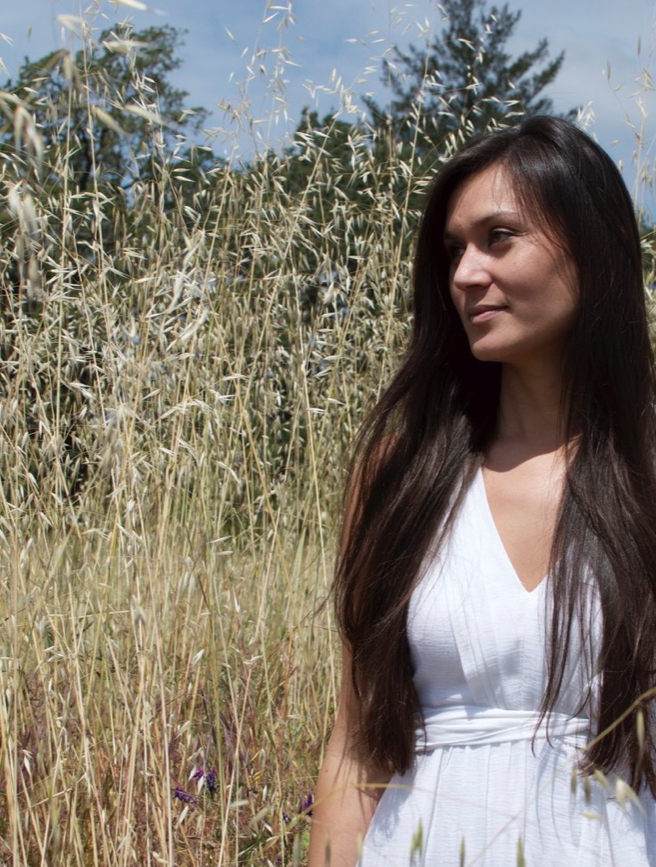Students on campus know Dr. Erica Tom as a brilliant lecturer in American Multicultural Studies for the department in Arts & Humanities and beginning in January 2020 she will be the Director of Native American Studies, but what many don’t know is that she is a fire survivor dedicated to community-based fire recovery efforts.
After years of diligent studying, what was supposed to be a time of celebration and new beginnings turned into a rollercoaster of a year. First, she graduated in June 2017 with a Ph.D. in American Studies from Rutgers University, only months later to experience the Nuns and Tubbs fires firsthand. According to the San Francisco Chronicle, the Nuns fire burned 56,556 acres and destroyed 1,527 structures “before it merged with five other fires that burned an area larger than Oakland.” She described the terror of the moment, “I woke to the sound of branches whipping the roof and the smell of smoke…my phone blinked, 23 missed calls.”
While Dr. Tom raced to safety from the Nuns fire, her parents were busy fleeing the Tubbs fire, thanks to the help of a good Samaritan neighbor that took the time to wake them up, traveling door-to-door knocking to alert others of the impending danger. As Dr. Tom said, “there are many stories of heroes in the midst of these fires. Many were wearing uniforms, and some were in pajamas.”
The fire overcame the neighborhood, and the family home of 30 years was lost, but her presence in light of this loss is both enlightening and inspiring, as she remained strong, insightful and compassionate, saying “we are the lucky ones who survived, who left with our animal family, who have a pathway to recovery. We are the lucky ones who had a home to lose.”
Her empathy toward others and her desire to bring about real change manifests in a variety of programs and community outreach events. She helped bring an 8-week Mind-Body Medicine resilience program to local fire survivors. Mind-Body Medicine is a “trauma-informed approach to self-awareness, stress-management, and healing,” and Sonoma State University will now be including the work as part of the Summer Bridge Program. Dr. Tom took her experiences working with horses and combined it with the mind-body approach and created Equi-Sense, an emotional support program designed to help heal the community and empower leadership by building communication skills and instilling confidence in participants.
Dr. Tom began the Wildfire Memory Garden Project after sifting through the ashes of the family home. Soil and succulents combine with hidden treasures: “the scissors my father used to cut my umbilical cord, the Chinese Foo dogs that guarded our home, my grandmother’s pie serving spoon, my mother’s favorite pin from her closest girlfriends, a special mug my Aunt made, my metal cigar box (once filled with photographs, they were like black sheets of phyllo dough flying away when I opened it), my lucky horseshoe.” The project has become a symbol of the community’s strength and resiliency, as it celebrates fire’s healing and regenerative nature.
Since the fires, Dr. Tom has “taught a course on natural disasters, trauma, and artistic response;” she’s currently conducting a study on the recent fires and their impacts on firefighters and first responders, and she’s also “completing the Volunteer Fire-Fighter Academy through the Santa Rosa Junior College this month to be a part of the Bodega Fire Department.”
In Greek mythology, the phoenix re-emerges purified from the ashes with renewed life and strength, and that is precisely what is witnessed in the actions of dedicated survivors like Erica. She said, “for me, the fires brought destruction and deep sorrow, but they also brought inspiration and unending fuel. The fires inspired me to take action personally, politically, and professionally.”





































